Visit Road to the Farm Bill for FRAC’s Farm Bill priority legislation. Check out FRAC’s Bills We’re Supporting page for additional priorities for families struggling against hunger.
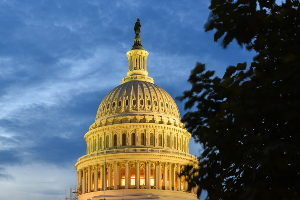
Urge House Members to Oppose SNAP Cuts
FRAC is urging House Members to oppose efforts to weaken or cut SNAP to finance other provisions in the Farm Bill. Use the FRAC Action Network to send a message to your House Members to oppose SNAP cuts.

Child Tax Credit Advocacy Needed: Join April 2 Day of Action to Push for Senate Vote
Join the Food Research & Action Center (FRAC), the Coalition on Human Needs, Economic Security Project, MomsRising, and our varied partners for an April 2 day of action focused on getting the Child Tax Credit (CTC) improvements in the Tax Relief for American Families and Workers Act over the finish line in the Senate.
Take Action
Build momentum in the lead-up to April 2, the day of, and beyond:
- Use and share with your networks the FRAC Action Network to call on the Senate to pass the bill.
- Meet with Senate offices to push on the urgency and importance of CTC improvements to improve food security and lift families with children out of poverty.
- Get vocal on social media.
State of Play
Urge your Senators to swifty take up and pass the Tax Relief for American Families and Workers Act when they return to Washington, D.C., and to reject any amendments that could weaken or limit the impact of the CTC for families. The House overwhelmingly passed the bill (357–70) in January.
An expanded and inclusive CTC is a transformational policy for addressing hunger among families with children. Under the House-passed bill, approximately 16 million out of the 19 million children currently left out of the full or any CTC will benefit, and an estimated 400,000 children will be lifted above the poverty line.
Resources
Resources to draw on and share:
- National anti-hunger organization letter in support of CTC improvements;
- FRAC Action Network’s pre-populated message to send directly to your Senators;
- Economic Security Project and Coalition on Human Needs toolkits;
- Center on Budget and Policy Priorities’ resources on young children and the impact on low-income households in your state; and a
- FRAC research brief on expanded CTC and hunger.
For more information on the CTC, contact Susan Beaudoin, sbeaudoin@frac.org; for help with communications with your Senate offices, contact Tim Klipp-Lockhart, tklipp-lockhart@frac.org, or Ellen Teller, eteller@frac.org.

Food Research & Action Center Applauds Congress for Releasing FY 2024 Spending Bill to Fully Fund WIC, Rejecting Harmful SNAP Policy Rider
“At a crucial juncture, Congress on March 3, 2024 released a final fiscal year (FY) 2024 Agriculture Appropriations package, securing $7.030 billion in critical funding for the Special Supplemental Nutrition Program for Women, Infants, and Children (WIC), a lifeline for nearly 7 million pregnant and postpartum women and young children, including approximately half of all infants born in the U.S. By rejecting a substantial number of harmful policy riders, which included efforts to restrict SNAP benefits — a proposal which received widespread, bipartisan criticism, Congress has also shown a commitment to the health, well-being, and dignity of millions of families.” Read more in FRAC’s statement,

House Passes Tax Proposal Including Child Tax Credit Enhancements in Bipartisan Vote
“FRAC applauds the House for swiftly and overwhelmingly passing the Tax Relief for American Families and Workers Act, a vital step in expanding the Child Tax Credit and addressing our nation’s child hunger crisis. The bill’s enhancements to the tax credit will benefit 16 million children currently left out of receiving the full or any credit, and will lift 400,000 above the poverty line. Investing in families is crucial to ending hunger and fostering a more prosperous society. We now urge the Senate to expedite this legislation without amendments – hungry families can’t wait.”
– FRAC President Luis Guardia
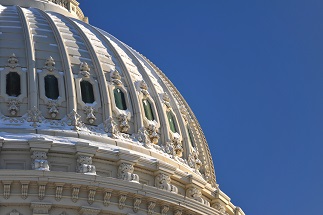
Action Needed: Urge Your Members of Congress to Cosponsor SNAP Priority Legislation in Upcoming Farm Bill
Join advocates from across the country in urging Members of Congress to support the Supplemental Nutrition Assistance Program (SNAP) by cosponsoring anti-hunger priority legislation to be considered in the upcoming Farm Bill.
Action needed: Urge Congress to protect and strengthen SNAP in the upcoming Farm Bill by supporting and cosponsoring the following legislation:
- The Improving Access to Nutrition Act (H.R. 1510/S. 2435) would end harsh and arbitrary time limits on SNAP benefits for certain individuals and allow them to access the food, nutrition, and overall health benefits provided by the program. Bill highlights, House and Senate sponsors.
- The Closing the Meal Gap Act (H.R. 3037/S. 1336) would base SNAP benefit allotments on the more adequate Low-Cost Food Plan, boost SNAP benefits for families with children forced to choose between food and shelter, increase benefits for older adults forced to choose between food and medicine, raise the SNAP minimum monthly benefit, and improve equitable access by extending SNAP to Puerto Rico (replacing the current block-granted Nutrition Assistance Program). Bill highlights, House and Senate cosponsors.
- The Enhance Access to SNAP Act (EATS) (H.R. 3183/S. 1488) would eliminate the barriers that college students face when accessing SNAP. Bill highlights, House and Senate cosponsors.
- The Hot Foods Act (H.R. 3519/S. 2258) would end the prohibition on use of SNAP benefits to purchase hot prepared foods from food retailers. Bill highlights, House and Senate cosponsors.
- The Lift the Bar Act (H.R. 4170/S. 2038) would eliminate the five-year bar (waiting period) for legal permanent immigrants to access SNAP and other federal programs. Bill highlights, House and Senate cosponsors.
- The Restore Act (H.R. 3479/S. 1753) would repeal the lifetime federal ban on individuals with felony drug convictions from receiving SNAP. Bill highlights, House and Senate cosponsors.
For more information on engaging your Members of Congress, contact Vijay Das, vdas@frac.org, or Tim Klipp-Lockhart, tklipp-lockhart@frac.org. For information on SNAP, contact Gina Plata-Nino, gplata-nino@frac.org.
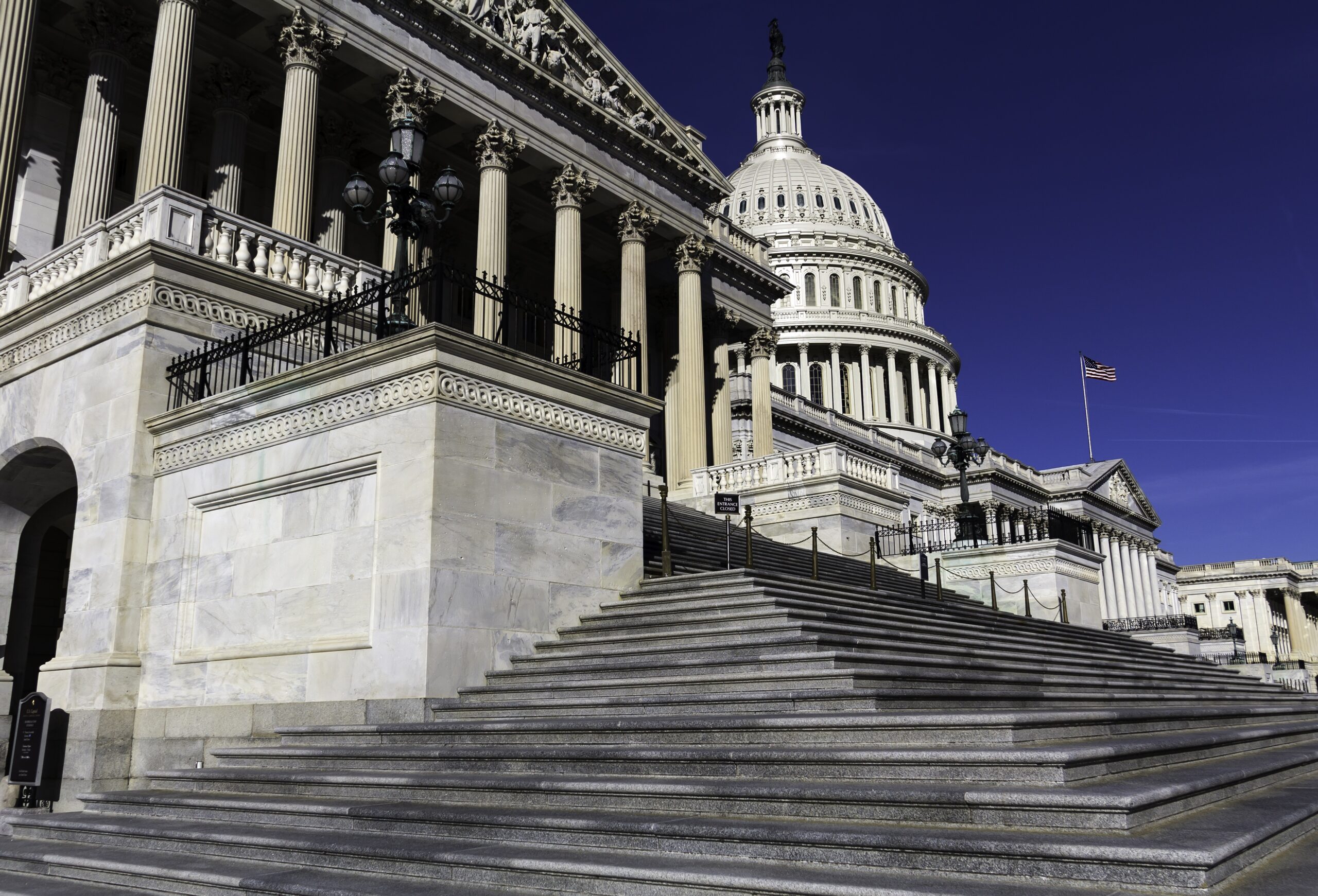
FRAC Statement for the House Democratic Task Force on Agriculture and Nutrition in the 21st Century
Read FRAC’s statement to the House Democratic Task Force on Agriculture and Nutrition in the 21st Century for 2023 Farm Bill recommendations to improve the Supplemental Nutrition Assistance Program and systematically tackle hunger in the United States. Delivered at the Task Force’s 2023 Farm Bill Roundtable on July 13, 2023.
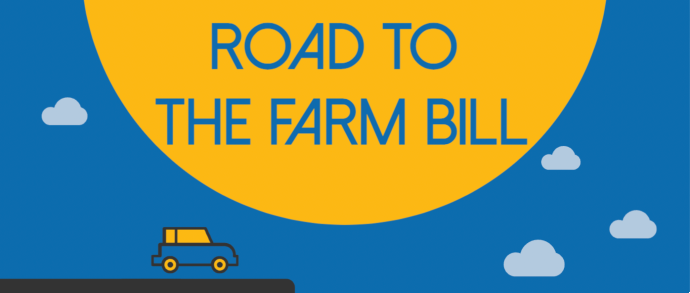
FRAC’s Road to the Farm Bill Resource Center
Visit FRAC’s Road to the Farm Bill page to discover priority SNAP legislation, Farm Bill talking points, critical actions, and much more.
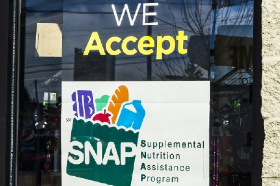
2023 Farm Bill Leave Behind: Congress Must Protect and Strengthen SNAP, TEFAP, and Other Anti-Hunger Programs
SNAP is the cornerstone of the nation’s nutrition and food security safety net, helping to put food on the table for 42 million participants with low incomes each month. Congress should protect SNAP’s structure and funding, and strengthen SNAP. Use this leave behind to inform your Members of Congress about the critical importance of SNAP, TEFAP, and other anti-hunger programs.
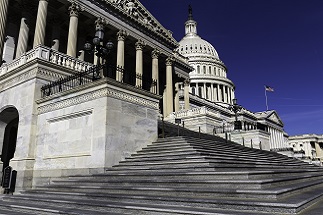
Budget Reconciliation 101
Curious about Budget Reconciliation? Unsure about the process or special rules to look out for? Explore this three-page report that explains what you need to know.

Sign Up for the FRAC Action Network!
Urge your Representatives to support and strengthen the Federal Nutrition Programs. Learn about the latest opportunities for action by signing up for the FRAC Action Network. Hungry people can’t wait.
Take Action

Organize a Site Visit
Read More
Recent Publications & Data
See More Resources- Report
School meals are an important tool for combatting childhood food insecurity, yet far too many children missed out on the nutrition they need for their health and learning with the expiration of the pandemic-era nationwide waivers that allowed schools to offer school meals to all students at no charge, according to FRAC’s latest report. Learn more in The Reach of School Breakfast and Lunch During the 2022–2023 School Year.
Read the report - Fact Sheet
Congress must adhere to bipartisan and public support to preserve consumer choice for the Supplemental Nutrition Assistance Program (SNAP) in the FY 2024 Agriculture Appropriations Bill, the upcoming Farm Bill, and any other legislative vehicles. Learn more about preserving consumer choice in SNAP in FRAC’s latest-one pager.
Read the fact sheet - Report
School lunch participation in the five states that implemented Healthy School Meals for All policies during the 2022–2023 school year increased compared to prepandemic participation levels. Learn more in FRAC’s latest report, The State of Healthy School Meals for All: California, Maine, Massachusetts, Nevada, and Vermont Lead the Way.
Read the report - Fact Sheet
The bipartisan 2018 Farm Bill directed USDA to update the Thrifty Food Plan. The resulting update in 2021 was the first in the plan’s history and led to a necessary and long overdue increase in SNAP benefits. Learn why the Thrifty Food Plan adjustment should be protected from efforts to eliminate or weaken it in the 2024 Farm Bill and in other legislation in FRAC’s new one-pager, Continuing the Thrifty Food Plan Adjustment Is Good for Everyone.
Read the fact sheet
News
FRAC Chat
Given the increased need, the 2024 Maryland legislative session presented crucial opportunities to strengthen and expand hunger programs at the state level. Maryland has a particularly short session, compared to other states with only 90 days from early January to early April. The 500+ bills that passed this year are currently being signed into law by Gov. Wes Moore.
The two key priorities for Maryland Hunger Solutions this year were:
(1) increasing the Maryland SNAP minimum benefit to $95 per month, and
(2) implementing universal school meals in Maryland.
Unfortunately, anti-hunger advocates in Maryland faced an uphill battle in passing any significant legislation in light of a grim state budget outlook. Advocates made the case that, even in tough budget years, it is important to make investments in anti-hunger programs that provide resources to our most vulnerable residents and lead to long-term positive economic impacts, improved educational outcomes, and health care cost savings.
GENYOUth’s newest Youth Insights report, Fostering Wellness in Youth: Cultivating Healthy Eating for the Future, offers a comprehensive overview of how schools and key stakeholders can foster healthy eating among youth and provides insights directly from students. Today’s students have a strong sense of responsibility for their health and wellness. We know because we ask them. GENYOUth Insights elevates youth voice through original, timely research on topics that matter to students and their schools.
In early March 2024, USDA released their final two reports on the Summer EBT demonstration projects. The reports evaluated the last seven years of the program: the first report covered 2015 to 2018, and the second covered 2019 to 2022. These reports differed from the previous evaluations of the demonstration projects in that they did not include an experimental design to evaluate the impact of the Summer EBT benefit. Instead, these reports evaluated the implementation and administration of the grants and examined patterns in household usage.
These reports found that parents and caregivers appreciated Summer EBT and saw the program as a critical resource that helped fill nutritional gaps. They felt the program provided flexibility in where they could purchase food and allowed families to purchase more nutritious foods.

